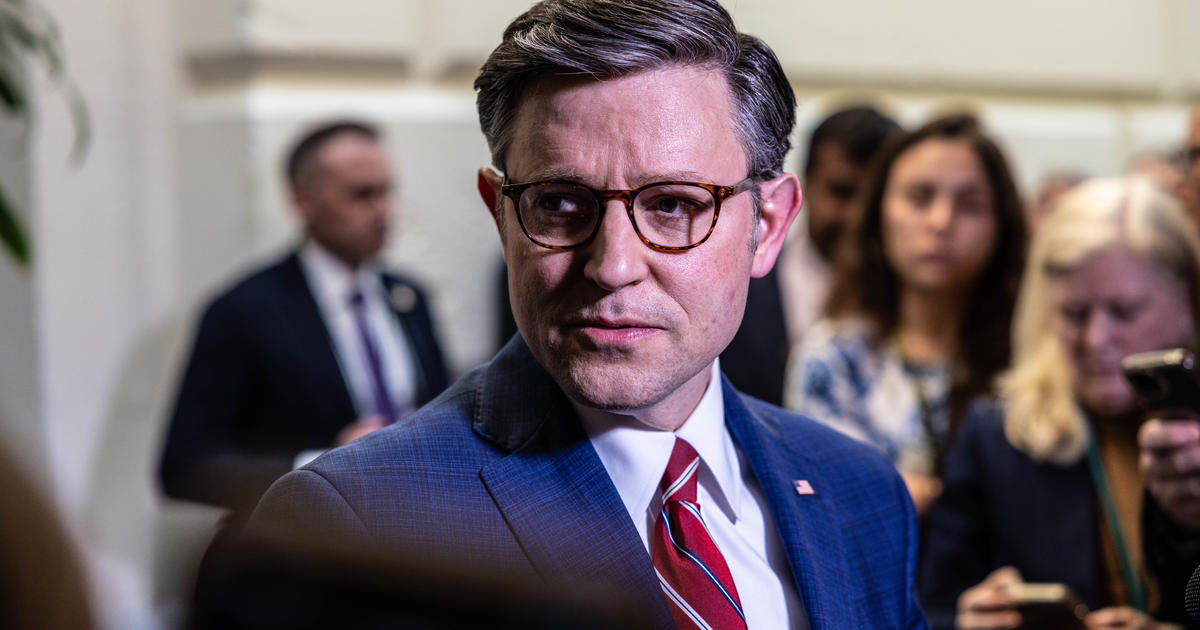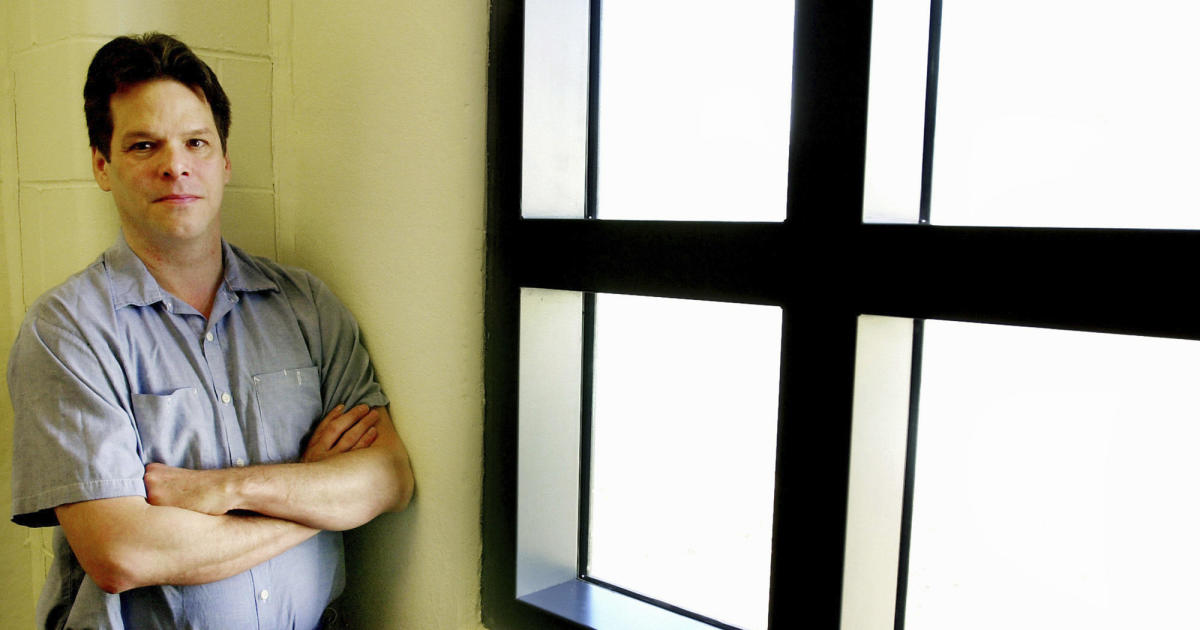Markey and Ocasio-Cortez reintroduce Green New Deal
Senator Edward Markey and Representative Alexandria Ocasio-Cortez reintroduced the Green New Deal on Tuesday, two years after it first became a progressive wish list for Democrats and a prime point of attack for conservatives.
In addition to the non-binding resolution, progressives this week are expanding that proposal into a broader package of bills that is likely to test where the Democratic party's ideals stand.
The original proposal set an objective of the country taking on a "leading role" in helping the planet reach net-zero emissions by the year 2050. To reach that lofty goal, the plan called for the U.S. to wean itself off of fossil fuels and create high-paying green energy jobs.
But the resolution was stopped with a cloture vote in the then GOP-controlled Senate before it could proceed.
With Democratic control of Congress and the presidency, progressives on Monday broadened the "Green New Deal" stamp to include a proposal geared toward addressing pollution in low-income communities and one focused on cities with lead in their water supply.
"It's possible to find middle ground in many areas of politics. I know because I've done it. But we cannot compromise now," Markey said. "We cannot compromise on the fate of our planet and on human civilization."
Ocasio-Cortez and Markey also introduced on Tuesday the Civilian Climate Corps Act, a nod to the group created by the original New Deal, which President Joe Biden said should be brought back in an executive order he issued in January. The Corps should exist "to mobilize the next generation of conservation and resilience workers and maximize the creation of accessible training opportunities and good jobs," Mr. Biden's order read.
But despite probable support for some portions of the Green New Deal agenda, it faces massive hurdles on Capitol Hill. Even if the measure were to pass in the House, where moderate Democrats have previously voiced opposition to it, it would require the support of 10 Republican senators to reach Mr. Biden's desk. Still, progressives say doing nothing is a gamble, too.
"To me the greatest risk is doing nothing on climate or doing too little," Ocasio-Cortez said. "That is a greater political risk."



